 |
 |
 |
|---|
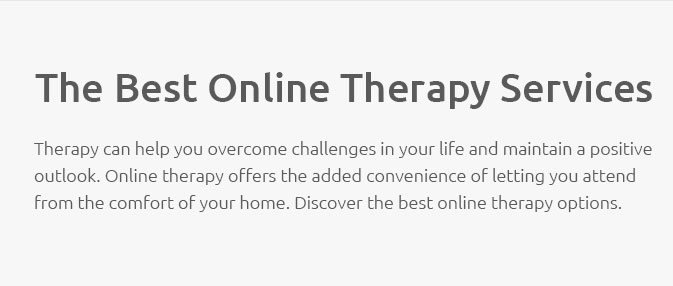 |
 |
|---|
 |
|
|---|---|
 |
 |
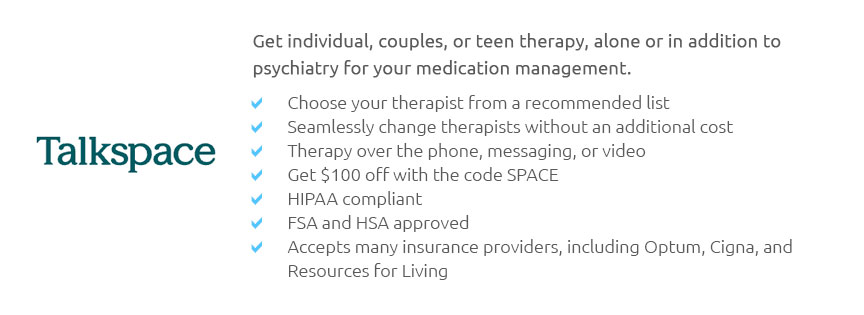 |
 |
 |
 |
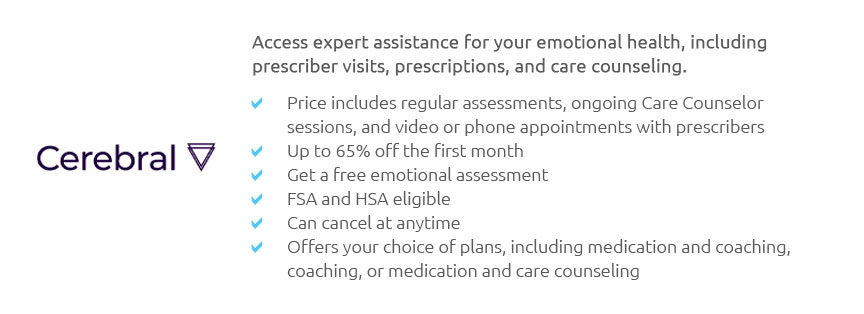 |
 |
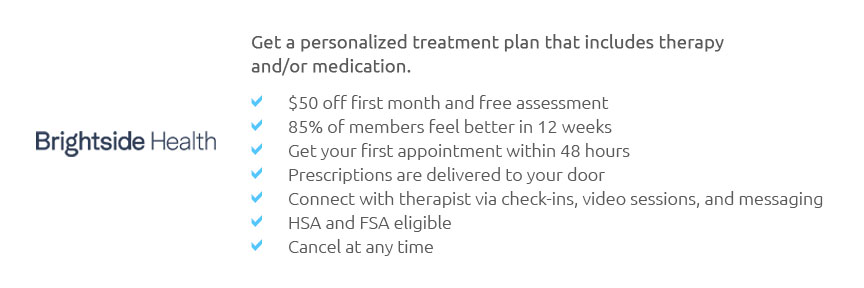 |
 |
 |
 |
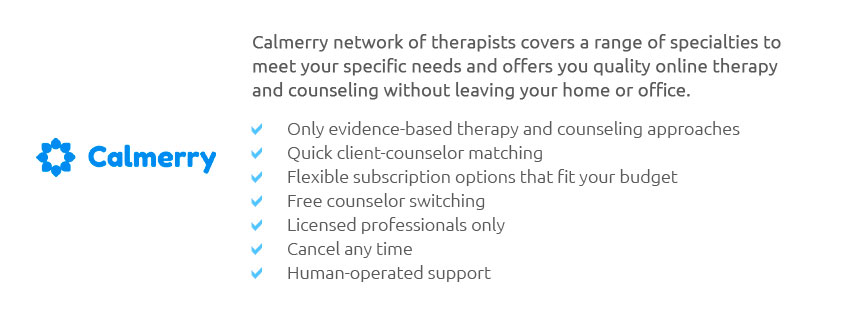 |
 |
 |
 |
|---|
Therapist Denville NJ: Finding the Right Support for Your Mental HealthUnderstanding the Importance of TherapyTherapy can be a powerful tool for personal growth and mental wellness. It provides a safe space to explore your thoughts and feelings with a professional who can guide you through life's challenges.
Finding a Therapist in Denville NJSearching for the right therapist involves considering several factors, including the therapist's approach, your personal comfort, and logistical details like location and availability. Therapeutic ApproachesTherapists in Denville, NJ, may offer a range of therapeutic approaches, including:
For those unable to meet in person, exploring therapy chat sites can be a convenient alternative. Questions to Ask Potential TherapistsBefore starting therapy, it's important to have a conversation with potential therapists to ensure a good fit. Consider asking the following questions:
Benefits of Local Therapy ServicesChoosing a therapist within the Denville area offers several advantages:
If you're considering options outside Denville, exploring a mental health therapist in Dayton, Ohio could provide additional perspectives. FAQs About Therapy in Denville NJWhat should I expect during my first therapy session?During your first session, the therapist will likely ask about your background, current issues, and what you hope to achieve through therapy. This session is about building rapport and setting goals. How do I know if therapy is working?Therapy is considered effective if you notice positive changes in your behavior, thoughts, and emotional well-being. Regular discussions with your therapist can help assess your progress. https://www.psychologytoday.com/us/therapists/nj/denville
My goal is to create a safe environment even when it can be difficult to share your thoughts, challenges and fears. Together we can create trust, hope, goals ... https://www.psychologytoday.com/us/therapists/nj/denville?category=adults
Find the Right Adults Therapist in Denville, NJ - Ferdinando Palumbo, MSW, LCSW; Shelby Somers, LCSW; Impact Health Counseling, LLC; Nelson L Hadler, LCSW, ... https://denvillefamilycounseling.com/
Denville Family Counseling was founded by Eric and Deborah Kispert in 2000. It is their mission to provide exceptional care in a respectful, ...
|
|---|